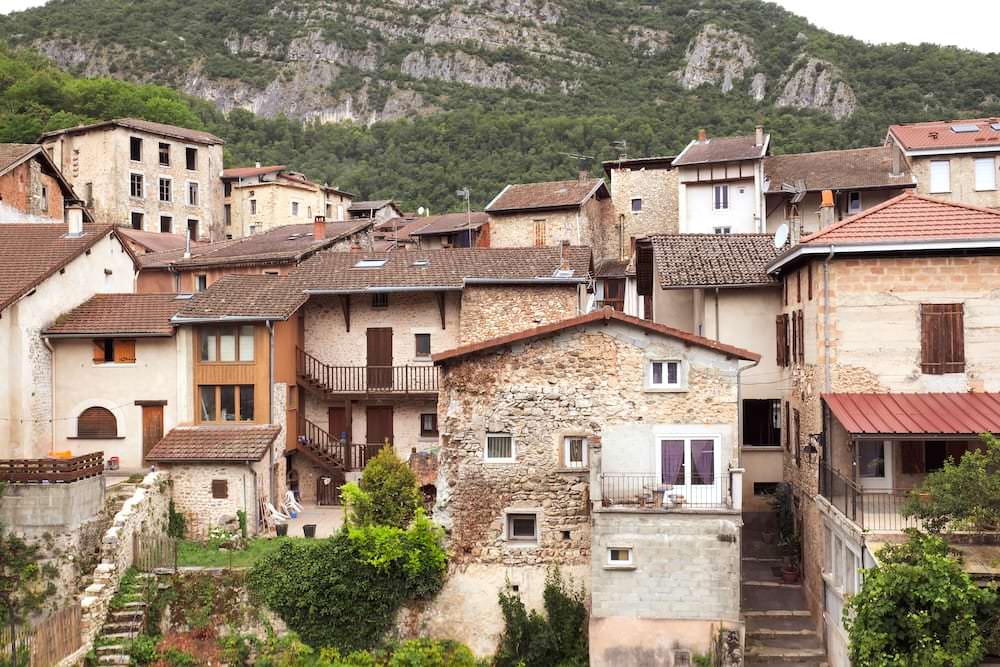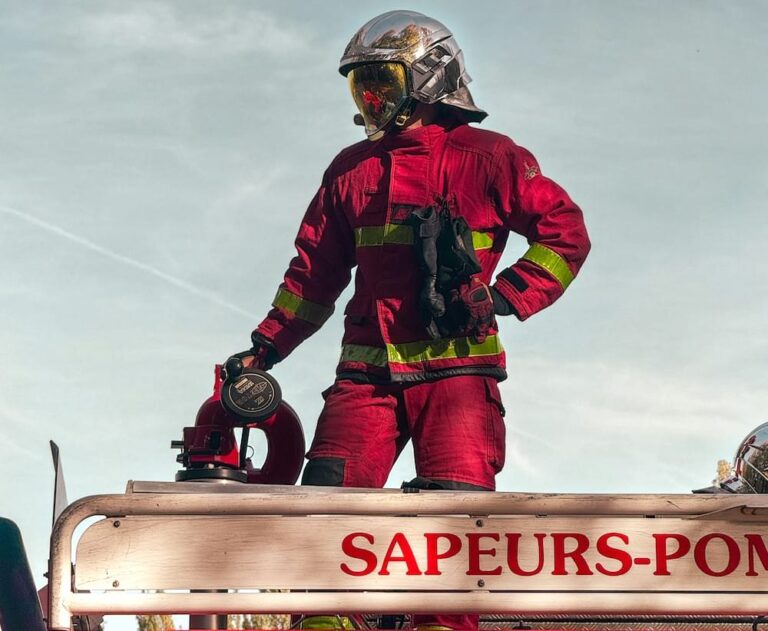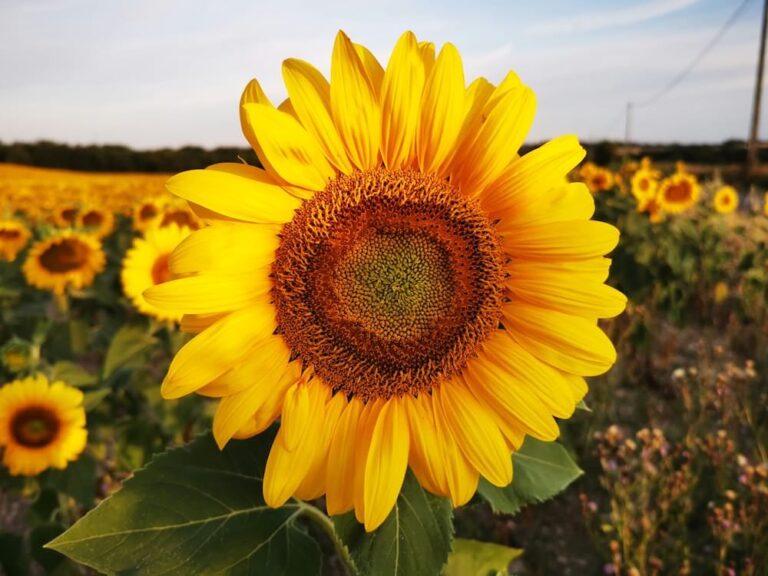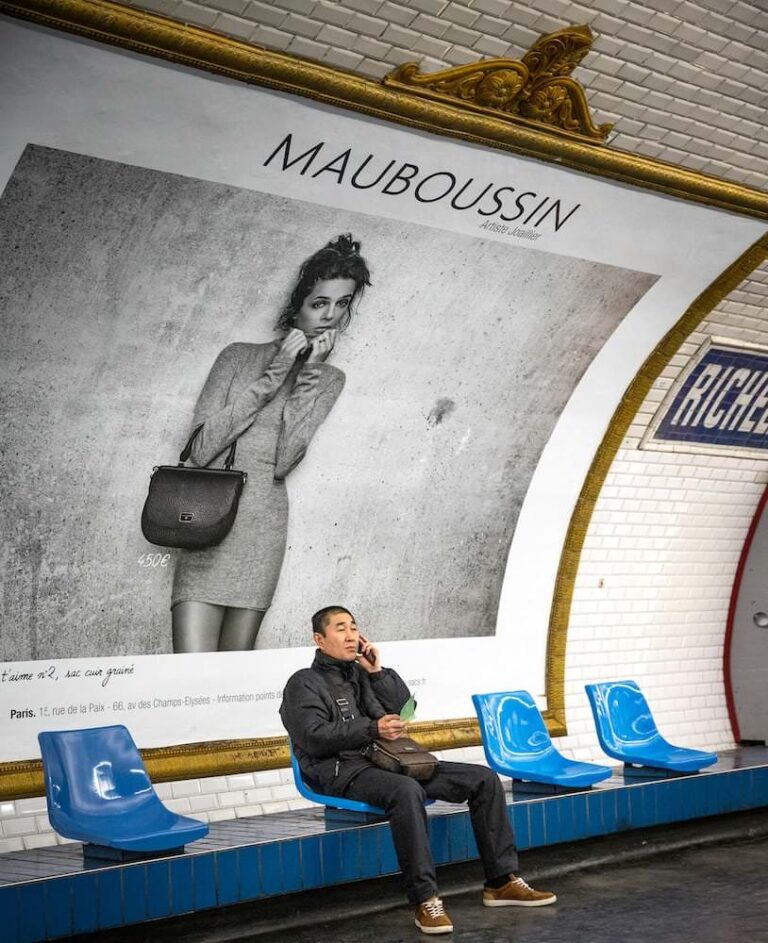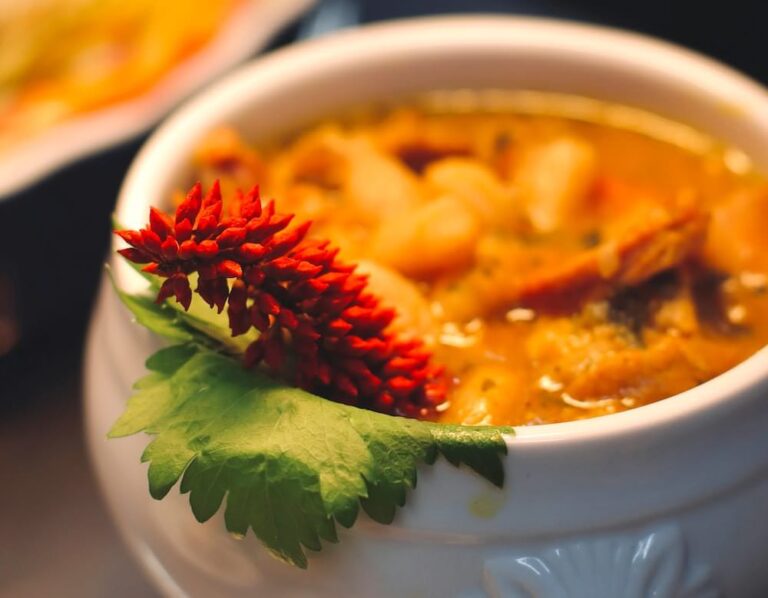argot word list
Argot is a form of informal, often colorful French slang used to express ideas in a more vivid, humorous, or coded way than standard French allows. It emerges from everyday life — shaped by youth culture, the working class, suburbs (banlieues), and even criminal circles — and constantly evolves to reflect changing attitudes, trends, and identities. Many of these terms play on existing words (through verlan, inversion of syllables), others borrow from Arabic, English, or older dialects, and some twist literal meanings to convey sarcasm, affection, or disdain.
A
- Arnaque (ar-knack) — Scam; informal for fraud or con, from arnaquer (to scam).
B
- Balec (bal-ek) — I don’t care; contraction of je m’en bats les couilles (vulgar way of saying “I don’t care”).
- Balancer (bah-lance-ey) — To snitch or give up info; informal, meaning to reveal or betray someone.
- Baffe (baff) — Slap; informal version of gifle.
- Bachoter (ba-sho-tey) — To cram for an exam; from bachot, slang for the baccalauréat (final high school exam).
- Bagnole, caisse (ban-gniole, kess) — Car. Originally a small cart or carriage.
- Balais (bah-ley) — Year(s); often used to describe someone’s age (e.g., Il a 20 balais = He’s 20). Un balais is a broom.
- Balaise (bah-lezz) — Strong/tough; can also mean impressive. From balèze (large, strong)
- Baston (bah-stohn) — Fight; informal version of bagarre.
- Balles (bahll) — Euros (money); like saying “bucks”. Literally “bullet” or “ball.”
- Beauf (bohff) — Tacky/vulgar person; cliché of the unsophisticated Frenchman. Shortened form of beau-frère (brother-in-law).
- Bécane (bey-can) — Motorbike; informal word for moto or vélo (bike).
- Bidouiller (bee-dew-yay) — To tinker or mess with; often DIY-related or techy. From bidule.
- Bidule (bee duul) — Thingamabob, gadget. Likely an invented word.
- Blindé(e) (blahn-dey) — Very rich; literally “armored”, used for people with lots of money.
- Blasé(e) (blaz-eh) — Indifferent or unimpressed; from the verb blaser (to exhaust the interest).
- Blé, fric, pognon, thune (bley, freek, po-gnon, tune) — Money; all are slang for argent (money).
- Blé (bley) — Money; slang for argent (money). From blé (wheat) like “dough”.
- Bleu (bler) — Commonly used for a beginner (e.g., in the military or job). New recruits wore blue uniforms.
- Bluff (blerf) — From English; to fake or deceive.
- Boîte (bwaht) — Company or workplace; literally “box”.
- Boîte de nuit (bwatt duh new-ee) — Nightclub; literally “night box”.
- Boloss (bo-loss) — Loser / gullible person; insult for someone uncool or clueless. From Gypsy bolos (soft, fragile).
- Bon (BOn) — Often used conversationally to start or interrupt: Bon, alors…
- Bordel (bohr-dell) — Mess / chaos / brothel; vulgar but common in casual speech.
- Bosser (boh-say) — To work; informal for travailler.
- Boss (boss) — Boss; same as English, informal for manager.
- Bouffon (boo-fahn) — Idiot / clown; insult, often dismissive.
- Bouffe (bewff) — Food; slang for nourriture.
- Bouffer (boo-fay) — To eat; informal, a bit crude.
- Bouquin (book-un) — Book; informal for livre.
- Boulot, taf (boo-low, taff) — Work / job; slang for employment.
- Bourré(e) (boo-rey) — Drunk; informal for ivre.
C
- Caisse (kess) — Car. From caisse (box)
- Canon (cah-no) — Hot / attractive; usually describes someone physically appealing.
- Canard (cah-nar) — Overly romantic or clingy boyfriend; literally “duck”.
- Carrément (cah-ray-mon) — Totally / really; adds emphasis, similar to “totally”.
- Charo, chineur (cha-roh, she-nur) — Player / flirt; slang for someone who chases women.
- Chelou (sher-loo) — Weird / shady; verlan (reversed syllables) of louche.
- Chiant(e) (she-on, she-uhnt) — Annoying / a pain; crude way to say something is tedious.
- Chiottes (she-uht) — Toilets; very informal, a bit vulgar, like “crapper”.
- Chanmé(e) (sha-may) — Awesome / wicked; verlan of méchant (mean).
- Clebs (cleps) — Dog; informal for chien. Possibly from Arabic kelb (dog).
- Costaud (coast-oh) — Strong; same root as costume, refers to physical build.
- Cramé(e) (cram-eh) — Burnt out / exhausted; from cramer, to burn.
- Crâner (cra-ney) — To show off / brag; informal verb.
- Crevé(e) (cruh-vey) — Exhausted; informal for fatigué.
D
- Daube (dohb) — Crap / trash (quality); something bad or worthless.
- Dauber (doh-bay) — To stink; informal, from puer.
- Darons (dah-ron) — Parents; very casual, like “the folks”.
- Draguer (dra-gey) — To flirt / hit on; often used in a sleazy context.
F
- Fastoche (fas-tosh) — Easy; childlike version of facile.
- Flic, keuf, poulet (fleek, cuff, poo-leh) — Cop; informal or derogatory for policier.
- Flingue (flaang) — Gun; slang for arme.
- Flotter (flow-tay) — To rain / drizzle; informal weather term. Literally to float.
- Frangin(e) (franj-un, franjeen) — Brother / sister; affectionate, informal. From Italian frangino (little brother).
- Fric (freek) — Money; all are slang for argent (money). From fricot (food or cooking).
- Frigo (free-go) — Fridge; short for réfrigérateur.
- Fringues (fraang) — Clothes; casual word for vêtements.
G
- Glander (glahn-dey) — To laze around / do nothing; informal.
- Godasse (go-dass) — Shoe; casual, sometimes derogatory. Old French gode (leather container).
- Gosse (goss) — Kid; informal for enfant.
- Grailler (gra-ye) — To eat; very informal, often used in the suburbs. From griller (to grill).
- Grave (grahve) — Totally / seriously; used for emphasis: C’est grave bien !
- Gueule (girl) — Slang for face or mouth, often used in ferme ta gueule (shut up). Une gueule is a muzzle (of an animal).
H
- Hexagone (eggs-a-gohn) — France; refers to the country’s hexagonal shape.
K
- Keuf (kerf) — Cop; verlan for flic.
- Kiffer (kee-fay) — To like / enjoy; from Arabic kif (pleasure).
- Kitsch (keetch) — Tacky; borrowed from German, also used in English.
L
- Lourd(e) (lurhd) — Annoying / heavy; used figuratively, e.g., someone who’s too much.
M
- Machin (mah-shan) — Thingamajig, guy, stuff; placeholder for unnamed object or person. From machine (machine).
- Marrant (mah-ruhn) — Funny; informal version of drôle.
- Mec (meck) — Guy; casual for homme.
- Meuf, nana (muff, nana) — Girl; meuf is verlan for femme, nana is more old-school.
- Meskine (mes-keen) — Poor thing / weak; from Arabic miskin (poor).
- Michto (mish-tow) — Gold digger; woman seeking rich men. From Gypsy misto (good).
- Mytho (mee-toh) — Liar; short for mythomane (pathological liar).
O
- OKLM (oh-ka-el-em) — Chilled / relaxed; acronym of au calme.
- OSEF (os-eff) — We don’t care; acronym of On S’En Fout.
- Ouais (wey) — Yeah; casual version of oui.
P
- Paname (pahn-am) — Paris; old-fashioned nickname. Parisien -> Parigot -> Parigo.
- Panard (pan-ahr) — Foot; slang for pied.
- Parigo (pah-rigo) — Parisian; often used jokingly or disparagingly.
- Picolé (pee koh lay) — Drunk, from picoler.
- Picoler (pee koh lay) — To drink (alcohol), to booze; informal, from boire.
- Pince (pahnce) — Cheapskate; someone stingy. Literally “a pair of pliers.”
- Piquer (pee-kay) — To steal; informal for voler.
- Pioncer (pee-ohn-say) — To sleep; casual, like “crash”. From pionnier (pioneer).
- Plouc (plewk) — Country bumpkin; derogatory for rural person. From plou (parish) in Breton.
- Pognon (poh nyon) — Money; slang for argent (money). From poing (fist) -> poignon -> pognon = “handful” (of cash).
- Poiscaille (pwah-sky) — Fish; slang for poisson.
R
- Râler (rah-ley) — To complain; informal grumbling.
- Relou (roh-loo) — Annoying / heavy; verlan for lourd.
T
- Taule (tohl) — Jail; informal for prison.
- Teuf (tough) — Party; verlan for fête.
- Thon (ton) — Ugly person; literally “tuna”, rude slang.
- Thune (tune) — Money; slang for argent (money). From thune (a small Swiss coin).
- Tifs (teeff) — Hair; casual for cheveux. From tiffine (hair) from Picardy.
- Tise (tease) — Alcohol; informal. Verlan of zet (wine, booze).
- Tiser (tease-ey) — To drink alcohol; verb form of tise.
- Toubib (two-beeb) — Doctor; informal for médecin. From Arabic tabib (doctor).
- Truc (truk) — Thing, stuff, trick; placeholders for unnamed objects.
V
- Vénère (ven-air) — Angry; verlan for énervé.
W
- Wesh (wesh) — Yo; greeting, from North African slang.
Z
- Zarbi (zar-bee) — Weird; verlan for bizarre.
- Zik (zeek) — Music; short for musique.
